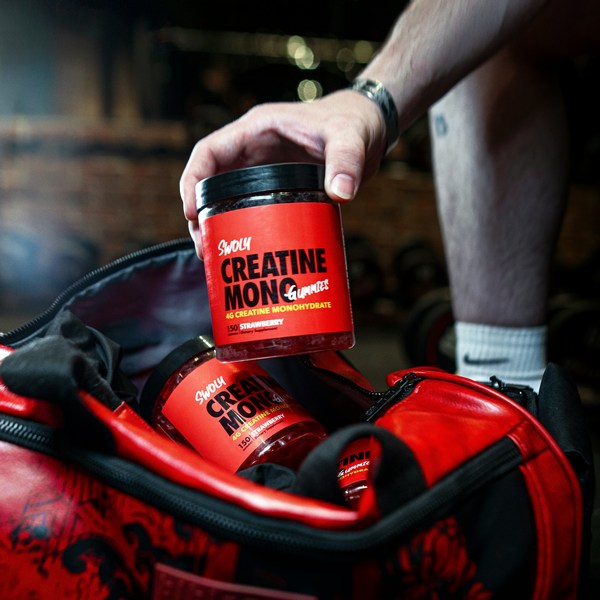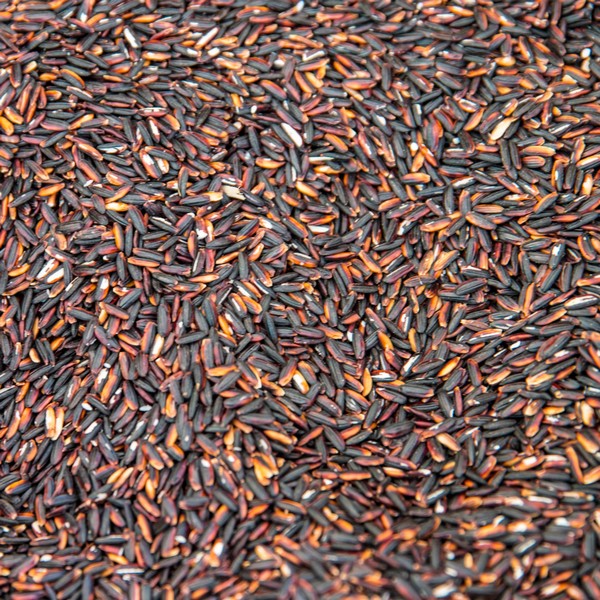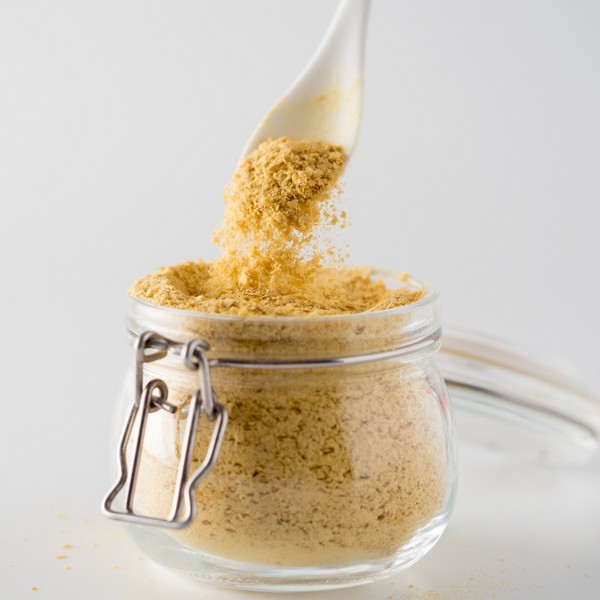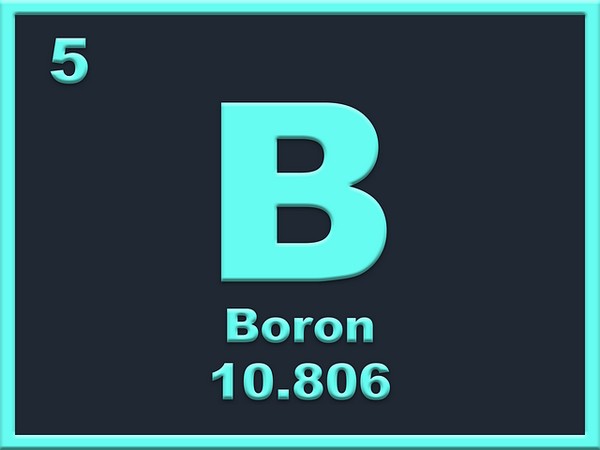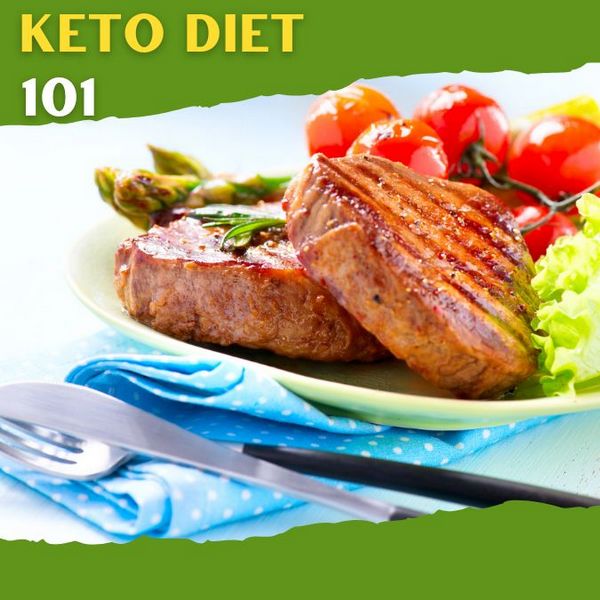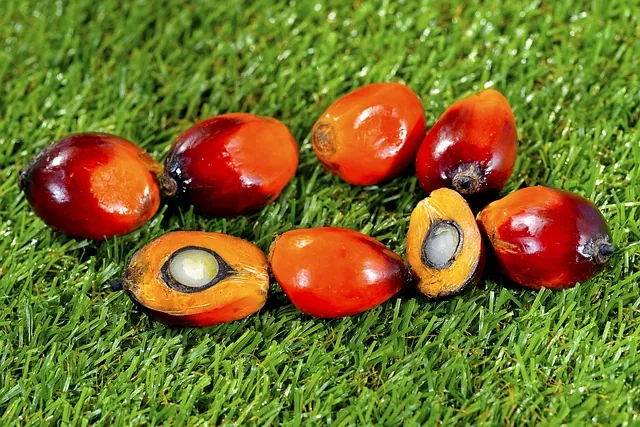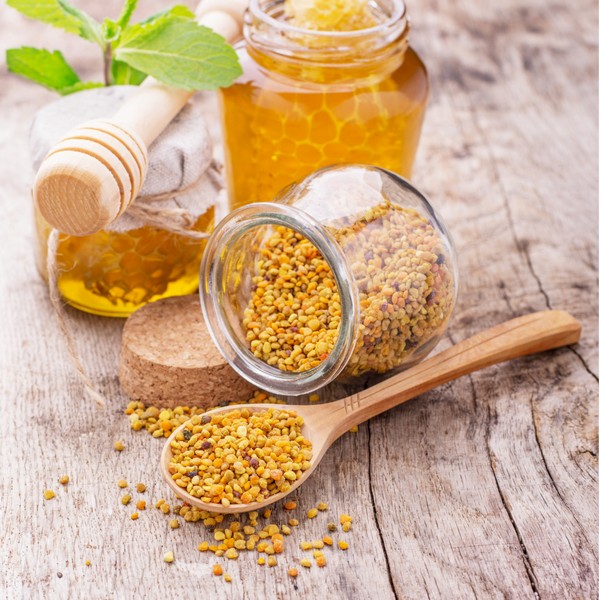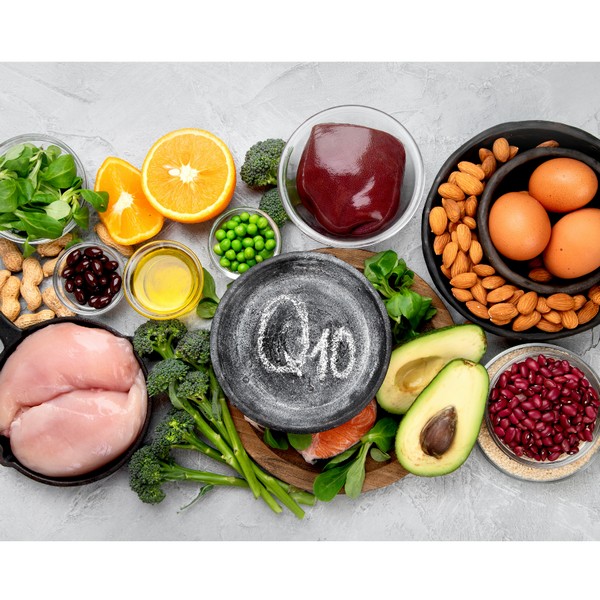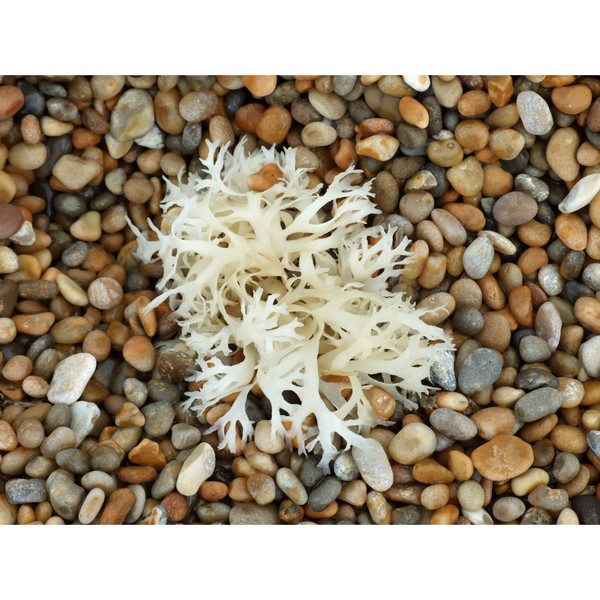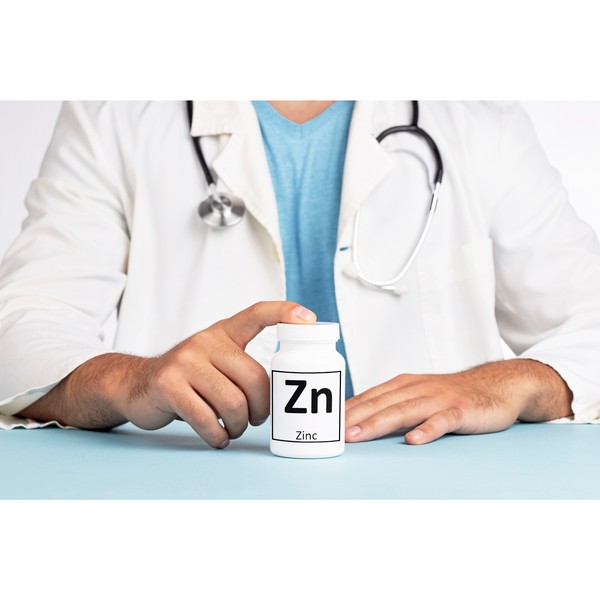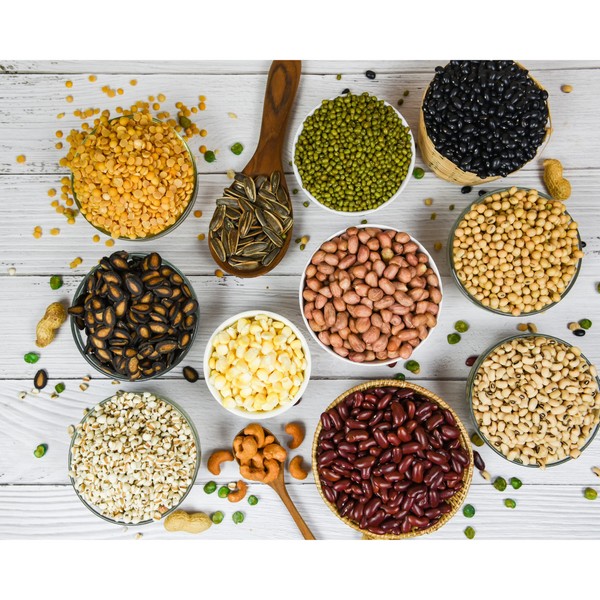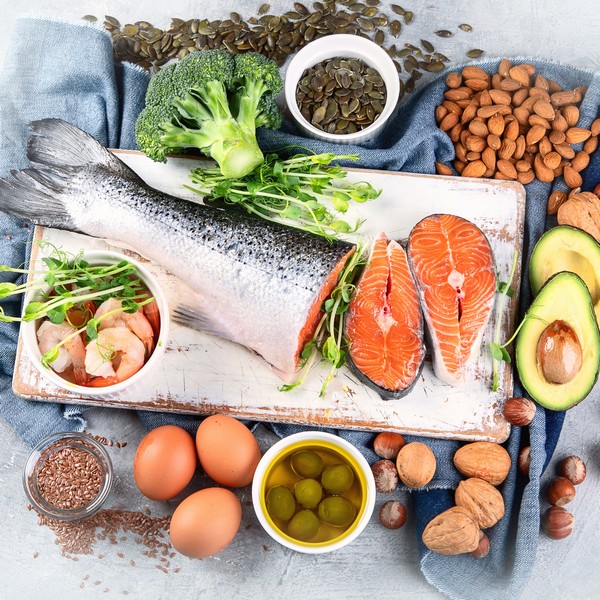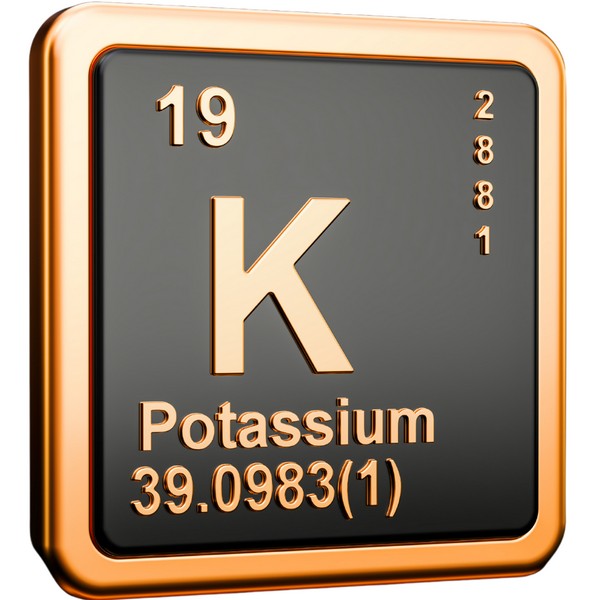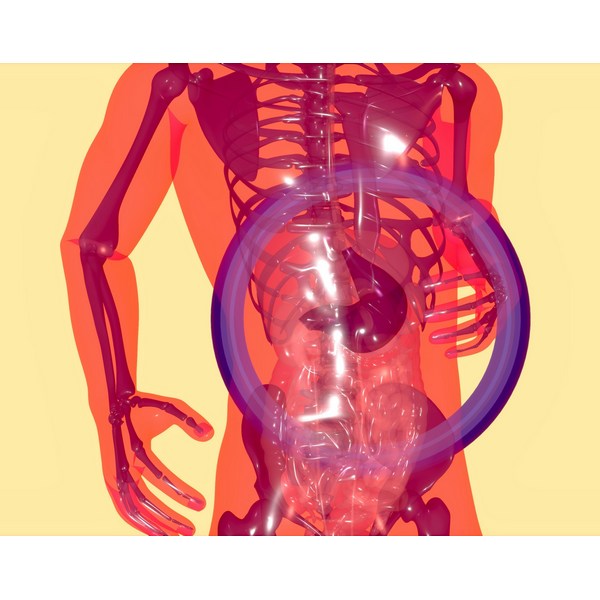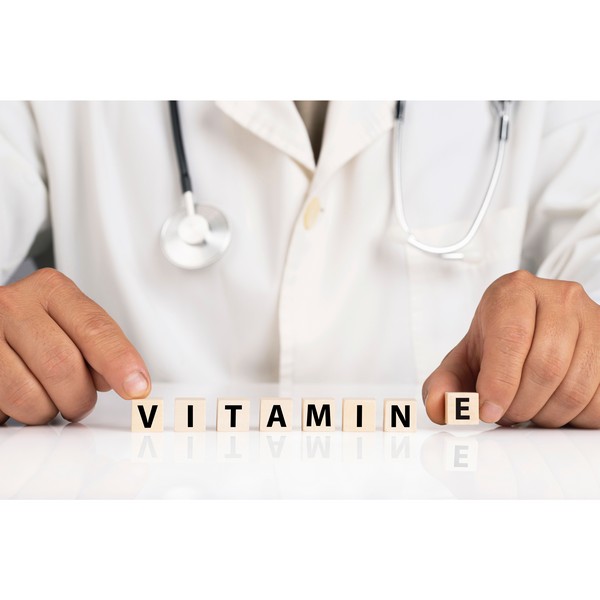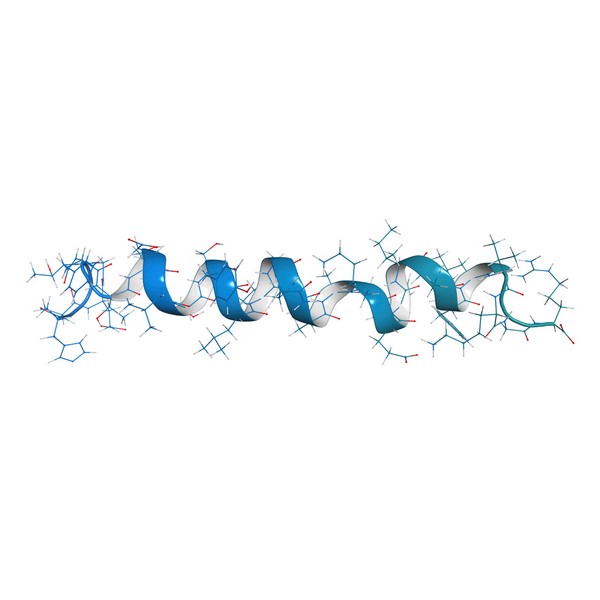Key Takeaways
- Superfoods are nutrient-dense foods, offering essential vitamins, minerals, and fats.
- Prioritize high-quality sources for optimal nutrition.
- They support overall health, boost energy, and promote longevity.
- Include nutrient-rich additions like bee pollen, nutritional yeast, kelp, spirulina, unrefined sea salt, and acerola.
Understanding Superfoods
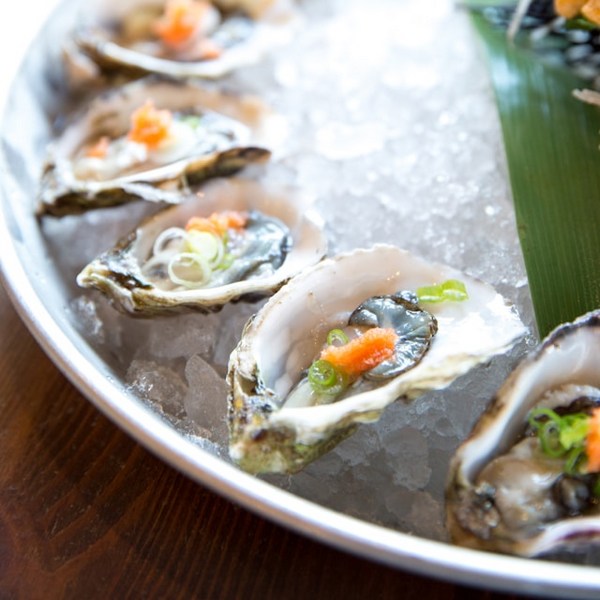
Superfoods are foods rich in nutrients that offer significant health benefits. Nutritional density and bioavailability make certain foods especially beneficial, providing essential vitamins, minerals, and fats in forms that the body can easily absorb and utilize.
Benefits of Nutrient-Dense Foods
Foods high in nutrients offer numerous health benefits due to their rich profiles.
High in Essential Nutrients
Packed with vital nutrients like vitamins B12, D, and K2, as well as minerals such as iron, zinc, and calcium, these foods are crucial for various bodily functions.
Superior Bioavailability
Nutrients from high-quality sources are more easily absorbed by the body, ensuring maximum benefit They are in abundant supply in the exact form your body requires.
Many popular so-called superfoods have inactive versions or preformed compounds that need to be converted to make them useful.
All too often, some foods marketed as healthy may have nutrients but defense chemicals bind them up or exist in conjunction with high carbohydrates or toxins.
Immune System Support
Nutrient-dense foods help optimize the immune system, making the body more resilient against infections and diseases.
Anti-inflammatory Properties
Many of these foods contain compounds that reduce inflammation, alleviating symptoms of chronic conditions and improving overall health.
Energy and Vitality
Providing a natural source of energy, these foods enhance stamina and reduce fatigue.
Top Nutrient-Dense Foods
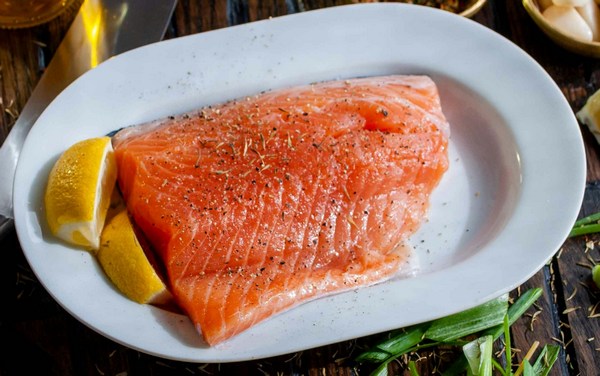
Wild Caught Salmon
Rich in omega-3 fatty acids, high-quality protein, and essential vitamins, salmon supports heart health, brain function, and overall wellness.
Not to be confused with farmed salmon which is not recommended.
Beef Liver
One of the most nutrient-dense foods available, beef liver is an excellent source of vitamin A, iron, and B vitamins, promoting healthy vision, blood production, and energy metabolism.
Red Meat
Ruminant red meat, like beef and lamb, is a highly nutritious food. It provides high-quality protein, essential for muscle repair and growth.
It’s rich in vital nutrients, including iron, zinc, and B vitamins, particularly B12, which is crucial for brain and nervous system health.
Red meat also contains healthy fats, like conjugated linoleic acid (CLA), which may help reduce body fat and support heart health.
Eggs

Eggs are a complete protein source, providing all nine essential amino acids. They are also rich in vitamins B12 and D, choline, and healthy fats.
Sardines
Sardines are packed with omega-3 fatty acids, calcium, and vitamin D, supporting bone health, cardiovascular function, and reducing inflammation.
Oysters
Oysters are high in zinc, vitamin B12, and selenium, which are crucial for immune function, energy production, and antioxidant defense.
Grass-Fed Butter

Grass-fed butter contains higher levels of omega-3 fatty acids, vitamin K2, and CLA, promoting heart health and supporting metabolic function.
Colostrum
Colostrum, the first milk produced after childbirth, is rich in antibodies, growth factors, and nutrients, supporting immune health and tissue repair.
Bee Pollen
Bee pollen is rich in vitamins, minerals, and enzymes, supporting immune health, energy levels, and digestion.
Nutritional Yeast
Nutritional yeast is an excellent source of B vitamins, protein, and antioxidants, enhancing energy metabolism and supporting overall health.
Kelp
Kelp is rich in iodine, which supports thyroid function and overall metabolic health. It also provides vitamins and minerals like calcium and magnesium.
Spirulina

Spirulina is a nutrient-dense algae, rich in protein, vitamins, and minerals like iron. It contains powerful antioxidants, such as phycocyanin, that help reduce inflammation and oxidative stress.
Spirulina may support blood sugar regulation. It also boosts the immune system by enhancing antibody production.
Food Supplements
Consider food supplements such as cold-extracted cod liver oil or liver capsules if necessary to ensure adequate intake of essential nutrients.
Conclusion
Prioritizing these nutrient-dense foods in your diet can significantly enhance your health and well-being. Offering unparalleled nutritional benefits, they support everything from immune function to energy levels. Focusing on high-quality proteins and fats optimizes your diet for better health and longevity.
FAQs
What are the benefits of nutrient-dense foods?
These foods provide essential nutrients in highly bioavailable forms, supporting immune health, reducing inflammation, and boosting energy levels.
How can more nutrient-dense foods be added to a diet?
Include a variety of high-quality proteins and fats in meals, such as salmon, beef liver, eggs, sardines, oysters, and grass-fed butter, along with bee pollen, nutritional yeast, kelp, spirulina, unrefined sea salt, and acerola.
Are there any specific foods that are particularly beneficial?
Foods like salmon, beef liver, eggs, sardines, oysters, grass-fed butter, colostrum, bee pollen, nutritional yeast, kelp, spirulina, unrefined sea salt, and acerola are highly beneficial due to their rich nutrient profiles.
What should be considered when selecting these foods?
Choose high-quality sources to ensure optimal nutrition and avoid potential contaminants. Avoid fish oil and opt for cold-extracted cod liver oil instead.
Can these foods replace supplements?
While they provide a broad range of nutrients, supplements may still be necessary for certain individuals to meet specific nutritional needs.
Research
Aghasadeghi, M.R., Zaheri Birgani, M.A., Jamalimoghadamsiyahkali, S., Hosamirudsari, H., Moradi, A., Jafari-Sabet, M., Sadigh, N., Rahimi, P., Tavakoli, R., Hamidi-Fard, M., Bahramali, G., Parmoon, Z., Arjmand Hashjin, S., Mirzajani, G., Kouhkheil, R., Roshangaran, S., Khalaf, S., Khademi Nadoushan, M., Gholamiyan Yousef Abad, G., Shahryarpour, N., Izadi, M., Zendedel, A., Jahanfar, S., Dadras, O., SeyedAlinaghi, S. and Hackett, D., 2024. Effect of high-dose Spirulina supplementation on hospitalized adults with COVID-19: a randomized controlled trial. Frontiers in Immunology,
https://doi.org/10.3389/fimmu.2024.1332425.
Alberts B et al. Molecular Biology of the Cell. 4th edition. New York: Garland Science; 2002.
Ali, S.A., Emam, M.A., Taha, A.M. and Awad Mansour, E.L., 2022. The effect of 30 days for nutritional support of cooked beef liver rich in choline, zinc, and vitamin B12 on the reaction time development of male students. African Journal of Biological Sciences, 18(2), pp.123-137.
Aylanc, V., Falcão, S.I., Ertosun, S. and Vilas-Boas, M., 2021. From the hive to the table: Nutrition value, digestibility and bioavailability of the dietary phytochemicals present in the bee pollen and bee bread. Trends in Food Science & Technology, 109, pp.464-481.
Biesalski HK, Frank J, Beck SC, Heinrich F, Illek B, Reifen R, Gollnick H, Seeliger MW, Wissinger B, Zrenner E. Biochemical but not clinical vitamin A deficiency results from mutations in the gene for retinol binding protein. The American Journal of Clinical Nutrition. 1999;69(5):931-936.
Baker, S., 2019. The carnivore diet. Victory Belt Publishing.
Broom GM, Shaw IC, Rucklidge JJ. The ketogenic diet as a potential treatment and prevention strategy for Alzheimer's disease. Nutrition. 2019 Apr;60:118-121.
https://pubmed.ncbi.nlm.nih.gov/30554068/
Brinkworth GD, Buckley JD, Noakes M, Clifton PM, Wilson CJ. Long-term effects of a very low-carbohydrate diet and a low-fat diet on mood and cognitive function. Arch Intern Med. 2009 Nov 09;169(20):1873-80.
https://pubmed.ncbi.nlm.nih.gov/19901139/
Dawson, K.A., 2002. Not just bread and beer: new applications for yeast and yeast products in human health and nutrition.
Gentscheva, G., Nikolova, K., Panayotova, V., Peycheva, K., Makedonski, L., Slavov, P., Radusheva, P., Petrova, P., & Yotkovska, I. Application of Arthrospira platensis for Medicinal Purposes and the Food Industry: A Review of the Literature. Life, 13(3), 845. https://doi.org/10.3390/life13030845
Gershwin, M.E. and Belay, A. eds., 2007. Spirulina in human nutrition and health. CRC press.
Higgins JP, Flicker L. Lecithin for dementia and cognitive impairment. Cochrane Database Syst Rev 2003:CD001015.
https://pubmed.ncbi.nlm.nih.gov/12917896/
Hirahashi, T., Matsumoto, M., Hazeki, K., Saeki, Y., Ui, M., & Seya, T. (2002). Activation of the human innate immune system by Spirulina: Augmentation of interferon production and NK cytotoxicity by oral administration of hot water extract of Spirulina platensis. International Immunopharmacology, 2(4), 423-434. https://doi.org/10.1016/S1567-5769(01)00166-7
Holm PI, Ueland PM, Kvalheim G, Lien EA. Determination of choline, betaine, and dimethylglycine in plasma by a high-throughput method based on normal-phase chromatography-tandem mass spectrometry. Clin Chem 2003;49:286-94.
https://pubmed.ncbi.nlm.nih.gov/12560353/
Institute of Medicine. Food and Nutrition Board. Dietary Reference Intakes: Thiamin, Riboflavin, Niacin, Vitamin B6, Folate, Vitamin B12, Pantothenic Acid, Biotin, and Choline. Washington, DC: National Academy Press; 1998.
https://www.ncbi.nlm.nih.gov/books/NBK114310/
Karkos, P. D., Leong, S. C., Karkos, C. D., Sivaji, N., & Assimakopoulos, D. A. (2011). Spirulina in Clinical Practice: Evidence-Based Human Applications. Evidence-Based Complementary and Alternative Medicine, 2011(1), 531053. https://doi.org/10.1093/ecam/nen058
Kim, S.K. and Bhatnagar, I., 2011. Physical, chemical, and biological properties of wonder kelp—Laminaria. Advances in food and nutrition research, 64, pp.85-96.
Li, C., 2017. The role of beef in human nutrition and health. Burleigh Dodds Science Publishing.
Li, Q.Q., Wang, K., Marcucci, M.C., Sawaya, A.C.H.F., Hu, L., Xue, X.F., Wu, L.M. and Hu, F.L., 2018. Nutrient-rich bee pollen: A treasure trove of active natural metabolites. Journal of Functional Foods, 49, pp.472-484.
Pereira, P.M.D.C.C. and Vicente, A.F.D.R.B., 2013. Meat nutritional composition and nutritive role in the human diet. Meat science, 93(3), pp.586-592.
Pourafshar S , Akhavan NS , George KS , Foley EM , Johnson SA , Keshavarz B , Navaei N , Davoudi A , Clark EA , Arjmandi BH . Egg consumption may improve factors associated with glycemic control and insulin sensitivity in adults with pre- and type II diabetes. Food Funct. 2018 Aug 15;9(8):4469-4479. doi: 10.1039/c8fo00194d. PMID: 30073224.
https://pubmed.ncbi.nlm.nih.gov/30073224/
Romero, R.O.D.O.L.F.O. and Gomez-Basauri, J.U.A.N., 2003. Yeast and yeast products, past present and future: from flavors to nutrition and health.
Réhault-Godbert, S., Guyot, N. and Nys, Y., 2019. The golden egg: nutritional value, bioactivities, and emerging benefits for human health. Nutrients, 11(3), p.684.
Ruxton, C.H.S., Derbyshire, E. and Gibson, S., 2010. The nutritional properties and health benefits of eggs. Nutrition & Food Science, 40(3), pp.263-279.
Sanders LM, Zeisel SH. Choline: Dietary Requirements and Role in Brain Development. Nutr Today 2007;42:181-6.
Sentongo TA, Kumar P, Karza K, Keys L, Iyer K, Buchman AL. Whole-blood-free choline and choline metabolites in infants who require chronic parenteral nutrition therapy. J Pediatr Gastroenterol Nutr 2010;50:194-9.
Seuss-Baum, I. and Nau, F., 2011. The nutritional quality of eggs. In Improving the safety and quality of eggs and egg products (pp. 201-236). Woodhead Publishing.
Thakur, M. and Nanda, V., 2020. Composition and functionality of bee pollen: A review. Trends in Food Science & Technology, 98, pp.82-106.
Uruakpa, F.O., Ismond, M.A.H. and Akobundu, E.N., 2002. Colostrum and its benefits: a review. Nutrition research, 22(6), pp.755-767.
U.S. Department of Agriculture, Agricultural Research Service. FoodData Central, 2019.
U.S. Department of Agriculture, Agricultural Research Service. Nutrient Intakes from Food and Beverages: Mean Amounts Consumed per Individual, by Gender and Age, What We Eat in America, NHANES 2013-2014. 2016.
U.S. Food and Drug Administration. Food Labeling: Revision of the Nutrition and Supplement Facts Labels. 2016.
Vanek VW, Borum P, Buchman A, Fessler TA, Howard L, Jeejeebhoy K, et al. A.S.P.E.N. position paper: recommendations for changes in commercially available parenteral multivitamin and multi-trace element products. Nutr Clin Pract 2012;27:440-91.
Veena J, Muragundla A, Sidgiddi S, Subramaniam S. Non-alcoholic fatty liver disease: need for a balanced nutritional source. Br J Nutr 2014;112:1858-72.
Venugopal, V. and Gopakumar, K., 2017. Shellfish: nutritive value, health benefits, and consumer safety. Comprehensive Reviews in Food Science and Food Safety, 16(6), pp.1219-1242.
Wu BT, Dyer RA, King DJ, Richardson KJ, Innis SM. Early second trimester maternal plasma choline and betaine are related to measures of early cognitive development in term infants. PLoS One 2012;7:e43448.
Magnesium: Better Sleep, Stress Relief and More
5 Major Benefits of Omega-3 Fatty Acids
Key Takeaways Omega-3 fatty acids support heart health by reducing triglycerides and lowering blood pressure. They play an important role in brain function and development,…
How Collagen Supports Healthy Skin, Joints, and More
Key Takeaways Collagen is the most abundant protein in the body, supporting the structure of skin, bones, and connective tissues. It helps maintain skin elasticity,…
Vitamin A (Retinol): Essential Nutrient for Health
Key Takeaways: Natural Vitamin A, also known as Retinol, is crucial for vision, immune function, and skin health. Retinol is essential for healthy vision, particularly…
Creatine Myths Debunked: Separating Fact from Fiction
Key Takeaways Common myths about creatine, such as it causing kidney damage, weight gain, and being a steroid, are widespread but unsupported by scientific evidence….
11 Electrifying Health Benefits of Trace Minerals
What are Trace Minerals?The Major Roles of Trace MineralsSources of Trace MineralsDeficiencies in Trace MineralsThe Impact of Trace Minerals on Specific Health ConditionsFrequently Asked Questions…
How Stabilized Rice Bran Supports Digestive & Heart Health
Key Takeaways – Stabilized rice bran is a nutrient-rich source of vitamins, minerals, and antioxidants. – The stabilization process prevents rancidity, making it a long-lasting…
Postbiotics: What They Are and Why They Are Important
Key Takeaways Postbiotics 101: They’re beneficial by-products from probiotics that consume prebiotics Boosts Immunity: Postbiotics sharpen your immune system, helping fight off pathogens and reducing…
Cholesterol Misconceptions: Separating Fact from Fiction
Key Takeaways: High inflammation and blood pressure are major risk factors for heart disease. Cholesterol is vital for hormone production, cell membrane structure, and digestion,…
Benefits of Nutritional Yeast
Key Takeaways Nutritional yeast is a rich source of vitamins and minerals. It supports immune function and promotes skin health. Its cheesy flavor makes it…
Boron: Benefits of a Lesser-Known Mineral
Key Takeaways Boron is a trace mineral with significant health benefits. It supports brain function, bone health, and hormonal balance. Understanding boron’s role can improve…
Berberine Has 11 More Incredible Benefits Than You Thought
Berberine is a compound found in several plants that has been used for centuries in traditional Chinese medicine and Ayurveda. It has recently gained popularity…
Protein: You probably need more
Key Takeaways Protein is needed for building and repairing body tissues. It supports muscle growth, immune function, and hormone production. Bioavailable sources of protein include…
Tallow: Benefits, Uses, and Nutrition
Key Takeaways: Tallow is a nutrient-rich animal fat with many practical uses. It contains valuable vitamins such as A, D, E, and K. Tallow is…
Conjugated Linoleic Acid (CLA): Benefits & Sources
Key Takeaways CLA is a type of fatty acid found primarily in animal products like beef and dairy. Known for potential benefits such as weight…
Medium Chain Triglycerides (MCTs): Uncovering 5 Health Benefits
This potent, natural source of energy has gained considerable attention in recent years for its impressive array of benefits. MCT oil is a versatile addition…
Keto Diet 101: A Complete Beginner’s Guide
Key Highlights The ketogenic diet is a low-carb, high-fat diet that can lead to weight loss and has many health benefits. By reducing carbohydrate intake…
Trimethylglycine TMG: Betaine Anhydrous Explained
Key Takeaways Betaine Anhydrous (TMG) is a compound found naturally in various foods and offers several health benefits. TMG supports liver health by reducing fatty…
Carnivore Diet: Benefits, Risks, Food List & More
Key Takeaways The carnivore diet is a keto diet that only allows for animal-based foods, and has potential health benefits. Tips for success include hydrating,…
Red Palm Oil: Unveiling The Potent Health Benefits
Struggling to find the right oil for your health and kitchen? Red palm oil is packed with nutrients that might just be what you need….
Bee Pollen: Nature’s Secret Superfood
Key Takeaways Bee pollen is packed with essential nutrients and offers numerous health benefits. It supports immune function, boosts energy, and promotes overall well-being. Adding…
What You Need to Know About Salt and Your Health
Table of ContentsThe Health Benefits of Unrefined Sea SaltElectrolyte BalanceMineral ContentImproved HydrationBoosted Energy LevelsImmune SupportImproved DigestionBalanced pH LevelsReduced Water RetentionHeart Health SupportStronger Bones and TeethEnhanced…
Healthy Fat: is Butter Better?
Key Takeaways Saturated fats, like those found in butter, may not be as harmful as once thought and can be part of a healthy diet….
Whole Food Vitamin C Complex: Expert Tips for Health
Key Highlights Whole food vitamin C complex is essential for a strong immune system and overall health. Unlike synthetic ascorbic acid, whole food vitamin C…
L-Carnitine: Benefits, Dosage, and Side Effects
Key Takeaways L-Carnitine supports fat metabolism and energy production. Benefits include enhanced exercise performance and improved heart health. Proper dosing minimizes potential side effects. Understanding…
CoQ10: What Is It and Why Is It Important?
Key Takeaways CoQ10 (Coenzyme Q10) is an antioxidant produced by the body, essential for energy production in cells. Levels of CoQ10 naturally decrease with age…
Benefits of Sea Moss Explained
Key Takeaways Rich in Nutrients: Sea moss is packed with essential vitamins, minerals, and antioxidants, supporting overall health and wellness. Supports Immune Function: Its high…
Iron Overload: Symptoms & Prevention Tips
Key Takeaways: Iron overload happens when the body absorbs excessive iron, which can damage organs. Common symptoms include fatigue, joint pain, and skin changes. Early…
Zinc Supplements: Risks and Dangers
Key Takeaways Zinc supports immunity, wound healing, and cell growth. High zinc supplement doses can cause health problems. Always consult a healthcare provider before taking…
Copper: Little-Known Health Benefits
Key Takeaways Copper is an essential trace mineral with benefits, including ceruloplasmin production, energy production and antioxidant properties. Copper is critical for brain health by…
13 Most Dangerous Foods Revealed
Key Highlights Fugu, or pufferfish, is one of the most poisonous foods in the world, with its organs containing a neurotoxin that can paralyze motor…
Taurine: The Mighty Amino Acid for Optimal Health
Key Takeaways Taurine supports heart health, regulates blood pressure, and reduces oxidative stress. Essential for muscle function, brain health, and cognitive function. Aids in insulin…
Do This! The Ultimate Guide to Fasting Safely and Effectively
In our increasingly busy lives, finding time to take care of our bodies can often take a backseat. One method that has gained attention recently…
Grains & Legumes Secretly Harming Your Health? Find Out Now!
Key Takeaways: – Grains and legumes contain antinutrients like lectins and phytic acid, which can interfere with nutrient absorption. – These foods may trigger digestive…
ALA vs. DHA & EPA Omega-3: Why Source Matters
Key Takeaways ALA (Alpha-Linolenic Acid) is found in flaxseeds, chia seeds, and walnuts, but converts poorly to DHA and EPA. DHA and EPA are critical…
Is Eating Sugar Really That Bad For Your Health?
Should You Really Be Concerned? In short, YES! Thank you, that’s all folks, and do have a good evening. Seriously though, extensive research has established…
Calcium Supplements: What You Need to Know
Key Takeaways Calcium supplements have been linked to heart disease and kidney stones. Excess calcium from supplements can lead to imbalances and health issues. Natural…
Potassium: Benefits & Sources
Key Takeaways Potassium is essential for regulating fluid balance, nerve signals, and muscle function. It supports heart health and helps maintain proper blood pressure. Adequate…
Natural Treatment for Irritable Bowel Syndrome (IBS): Effective Remedies Explored
Understanding IBSSymptoms of IBSRole of Diet in IBSNatural Remedies for IBSSupplements for IBSRole of Probiotics in IBSFrequently Asked Questions Understanding IBS Irritable Bowel Syndrome (IBS)…
The Impact of Ultra-Processed Foods on Your Wellbeing
Every bite we take is a step toward either wellness or illness. In our fast-paced world, ultra-processed foods have become a staple, silently shaping our…
TUDCA Benefits for Health
Key Takeaways TUDCA promotes liver health, aiding cell protection and repair. Enhances digestion by improving bile flow and supporting gut health. May protect brain health…
Actual Superfoods: Real Foods You Should Be Eating
Key Takeaways Superfoods are nutrient-dense foods, offering essential vitamins, minerals, and fats. Prioritize high-quality sources for optimal nutrition. They support overall health, boost energy, and…
Silica: for Healthier Skin, Hair, and Nails
Key Takeaways: Silica supports strong and healthy skin, hair, and nails. It promotes bone health by boosting collagen production. Silica helps improve joint flexibility and…
5-HTP: Natural Ways to Boost Serotonin and Improve Mood
Key Takeaways: 5-HTP is a natural compound that helps boost serotonin levels in the brain. It can support mood regulation, sleep improvement, and stress reduction….
Liver: 5 Surprising Benefits Backed by Science
Hold on! Don’t run away! You need to read this. Liver is a highly nutritious organ meat that is often overlooked in modern diets. Packed…
6 Best Natural Ways to Manage Your Blood Sugar: A Quick & Easy Guide
1. Intermittent fasting2. Exercise3. Dietary fiber4. Sleep5. Weight loss6. SupplementationBioclinic NaturalsPGX BiotiquestSugar Shift Every time you eat it, it’s plotting something sinister. Sugar isn’t as…
Eggs: A Comprehensive Guide
Key Highlights Eggs are a nutritional powerhouse, containing all the essential vitamins and minerals needed for overall health. Vital role in a balanced diet, providing…
Allulose: The Best Sugar Alternative
Key Takeaways Allulose is a low-calorie sweetener found naturally in some fruits. It does not raise blood sugar levels, making it suitable for diabetics. Allulose…
Spirulina: Health Benefits and Uses
Key Takeaways Spirulina boosts immune function with its high nutrient content and antioxidant properties. Rich in proteins and essential vitamins, enhances overall nutrition. Helps reduce…
L-Glutamine and Gut Health: Benefits and Side Effects
Key Takeaways L-Glutamine is essential for gut health. Benefits include improved digestion and reduced inflammation. Potential side effects are rare but can occur in high…
How Cod Liver Oil Can Transform Your Health and Wellness
Cod liver oil has been used for centuries as a natural remedy for various health conditions. Packed with essential nutrients and fatty acids, cod liver…
Vitamin E Complex
Key Takeaways Vitamin E is a powerful antioxidant that protects cells from oxidative damage, reducing the risk of chronic diseases. The vitamin E complex includes…
Increase GLP-1 Agonists Naturally
Key Takeaways: GLP-1 agonists regulate appetite, insulin production, and blood sugar levels. Regular exercise and quality sleep maintain optimal GLP-1 levels. High-protein, low-carb diets effectively…
8 Key Signs of Nutrient Deficiency
Key Takeaways Magnesium: A multitasker that aids in over 300 biochemical reactions in the body. Copper: Supports neurological function, cardiovascular and immune system health, iron…



